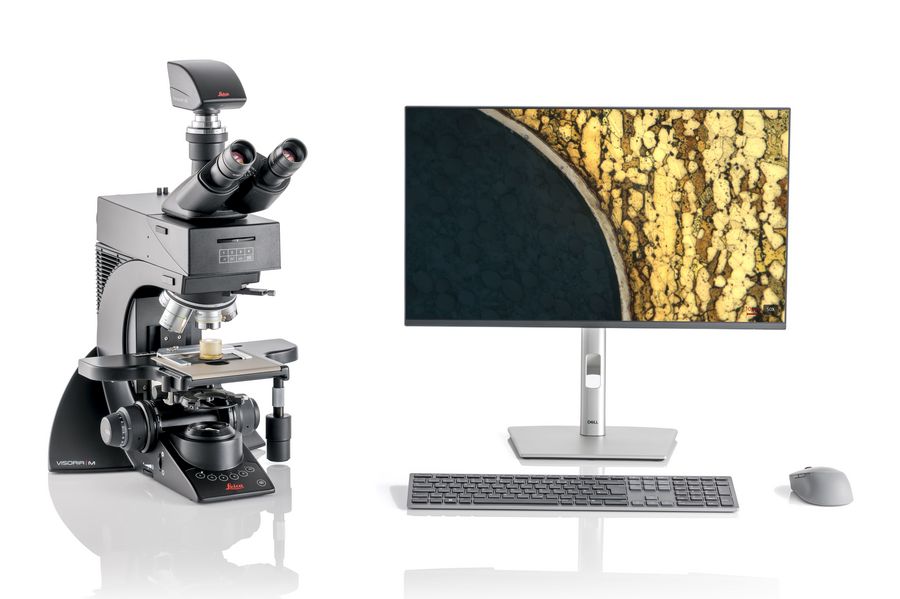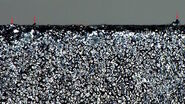Comprehensive QA solutions from Leica Microsystems
Leica Microsystems is helping manufacturers in high precision industries reduce defects, increase efficiency, and lower PPM failure rates. A recent example of this commitment is the Visoria M upright microscope built for high-resolution, encoded imaging. These microscopes offer real-time digital viewing and ergonomic operation - key factors in maintaining accuracy and consistency during extended inspection sessions.
To further support evolving QA demands, Leica Microsystems integrates its imaging systems with its Enersight software platform. This solution enables teams to capture insights at the point of inspection and translate the into actionable data. This reflects a broader industry movement toward smarter, more connected quality ecosystems that support faster decision-making and continuous improvement.
Early in the electronics and semiconductor inspection process, teams using Leica microscopes, for example, the M205, Ivesta 3, and A60 stereo microscopes equipped with the FusionOptics technology which enable a 3D perception with a higher resolution and larger depth of field, helps users find tiny flaws and imperfections in solder joints, electronic parts, and surface finishes that affect product integrity.
In today’s fast-paced manufacturing environments, the ability to capture, document, and share inspection results efficiently is becoming a cornerstone of modern quality assurance. This shift reflects a broader trend toward decentralizing QA processes and empowering teams with tools that support real-time decision making.
One example of this evolution is the Flexacam i5 microscope camera, which enables inspectors to capture high-resolution images and document findings directly – without the need for a connected PC. While there are a range of Leica imaging solutions, the Flexacam i5 illustrates the growing demand for flexible, network-ready tools that enhance traceability, streamline workflows, and support digital transformation in regulated industries.
Quality assurance is the cornerstone of safe, reliable and efficient manufacturing, especially in high precision industries like medical devices, electronics and semiconductors. Leica Microsystems supports manufacturers to meet industry standards and comply with documentation requirements with intelligent, precision-driven solutions that reduce defects, improve productivity and ensure regulatory compliance. For manufacturers aiming to reduce PPM rates, increase throughput, and future-proof their operations, Leica Microsystems offers cutting-edge technologies backed by decades of expertise. Partnering with the company is a step towards shaping the future of quality assurance.






